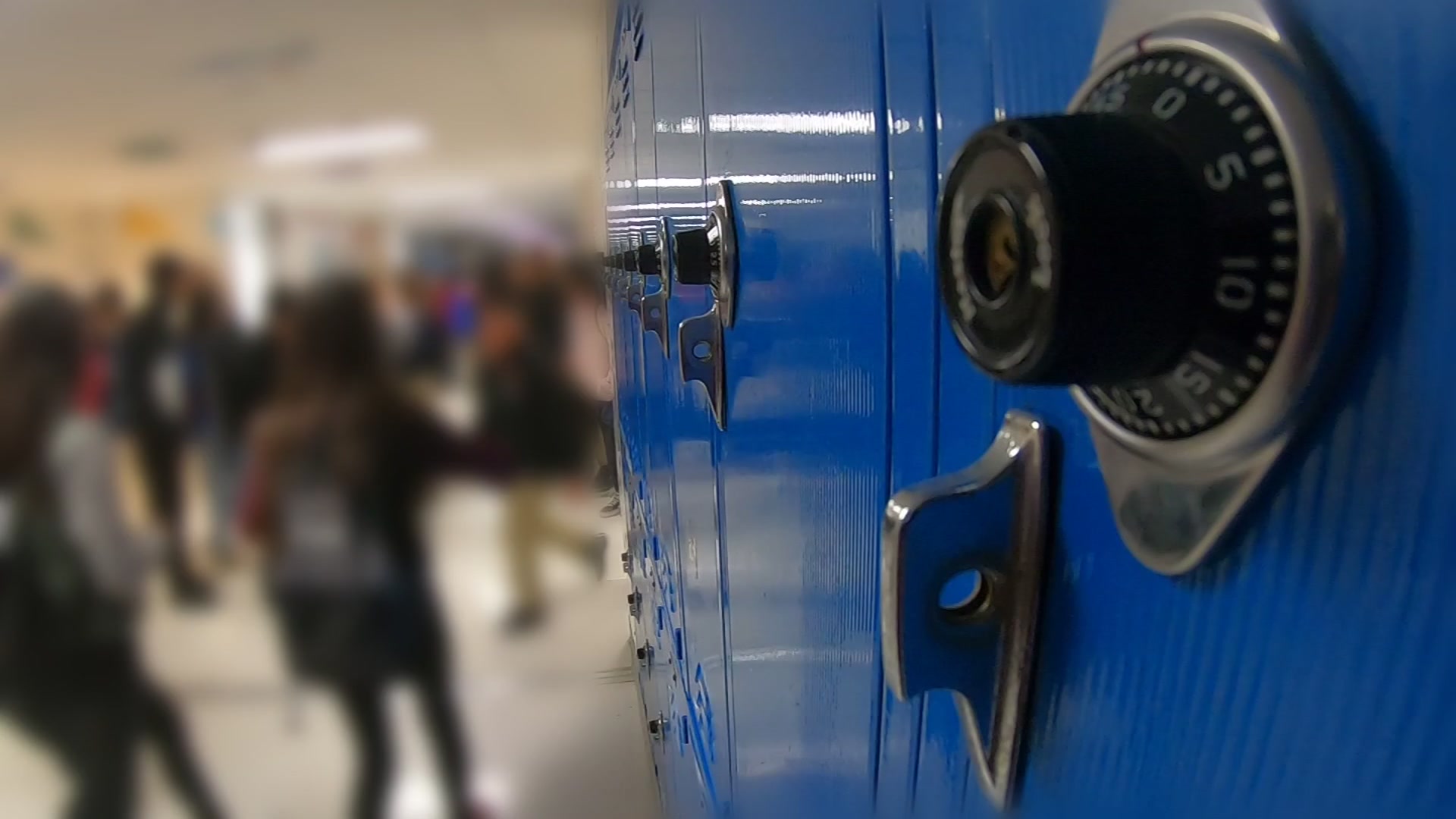As the omicron variant has created a new wave of cases around the country, a corresponding appetite for COVID testing has emerged as well. As has been the case with so much of the pandemic, there's a lot to know; in this case, primarily, which test is the most accurate? PCR or RT-PCR or rapid or antigen or NAAT or lateral flow or antibody?
Some of these terms are actually similar things, though some are different.
The RT-PCR, which detects viral DNA and is familiarly known as the PCR test, is the gold standard for detecting the presence of the virus in an infected patient. The RT-PCR test -- full name: reverse transcription polymerase chain reaction -- is a type of NAAT test (nucleic acid amplification test).
Next, let's get something off the table: The term "rapid test" is usually applied to antigen tests, but the term can apply to both antigen tests and PCR tests, but the cost of the rapid PCR test is prohibitive for many. Results for rapid tests can come back in under an hour -- as little as 15 minutes for the antigen test. However, the results from regular PCR results typically take 24 hours or more — in some cases, up to 96 hours.
Both the PCR and the antigen tests (sometimes known as a lateral flow test) are diagnostic tests that "detect specific proteins on the surface of the virus. Samples are typically collected with a nasal or throat swab, or saliva collected by spitting into a tube," according to the Food and Drug Administration.
The antigen tests are familiar to many now as the "at-home" tests people have been taking, whether handed out for free by schools or governmental agencies. or bought over the counter at a drugstore.
California
Unlike PCR and lateral flow tests, which detect an active infection, antibody tests determine if you have already had the virus and are no longer infectious. These should not be taken if you suspect you have an active infection, because it can take one to three weeks after you are infected to build up enough antibodies to test. Antibody tests should also not be used as a replacement for getting vaccinated, since contagious variants like delta and omicron can cause reinfections.
Get a weekly recap of the latest San Francisco Bay Area housing news. >Sign up for NBC Bay Area’s Housing Deconstructed newsletter.
Now comes a wrinkle: “Early data suggests that antigen tests do detect the omicron variant but may have reduced sensitivity,” the FDA said in late December. And there's the rub — with the omicron taking over from delta as the dominant variant, many people who suspect they have COVID fear a false negative result from the antigen test and would like to confirm they have COVID with a PCR test, but, with so many so sick everywhere, officials are now urging people who are asymptomatic or only have mild symptoms to stay home and isolate after a positive antigen test, rather than crowding ER's and county testing centers.
Now, what about costs? If you didn't get a freebie, you can pay expect to pay around 10 bucks — if you can find one — for an antigen test, while a lab can charge around $75. PCR test are more costly, often in the $125-150 range, and a rapid PCR test can set someone back $250 or more.
Travelers who, presumably, are COVID-free but require a test in order to travel will have to pay more since they have to get an official document with the time, date and location of the test, as well as details on what kind of test was performed and the name of the lab and supervising physician. They should also be aware that different destinations require different tests. Hawaii may be different than the U.K. — or the rest of the U.S., for that matter. Be sure to research the testing requirements well before you plan to depart — if only to schedule an appointment, which can be hard to find these days.
One bit of good news: In many cases, health insurance can now be used to pay for some testing.



